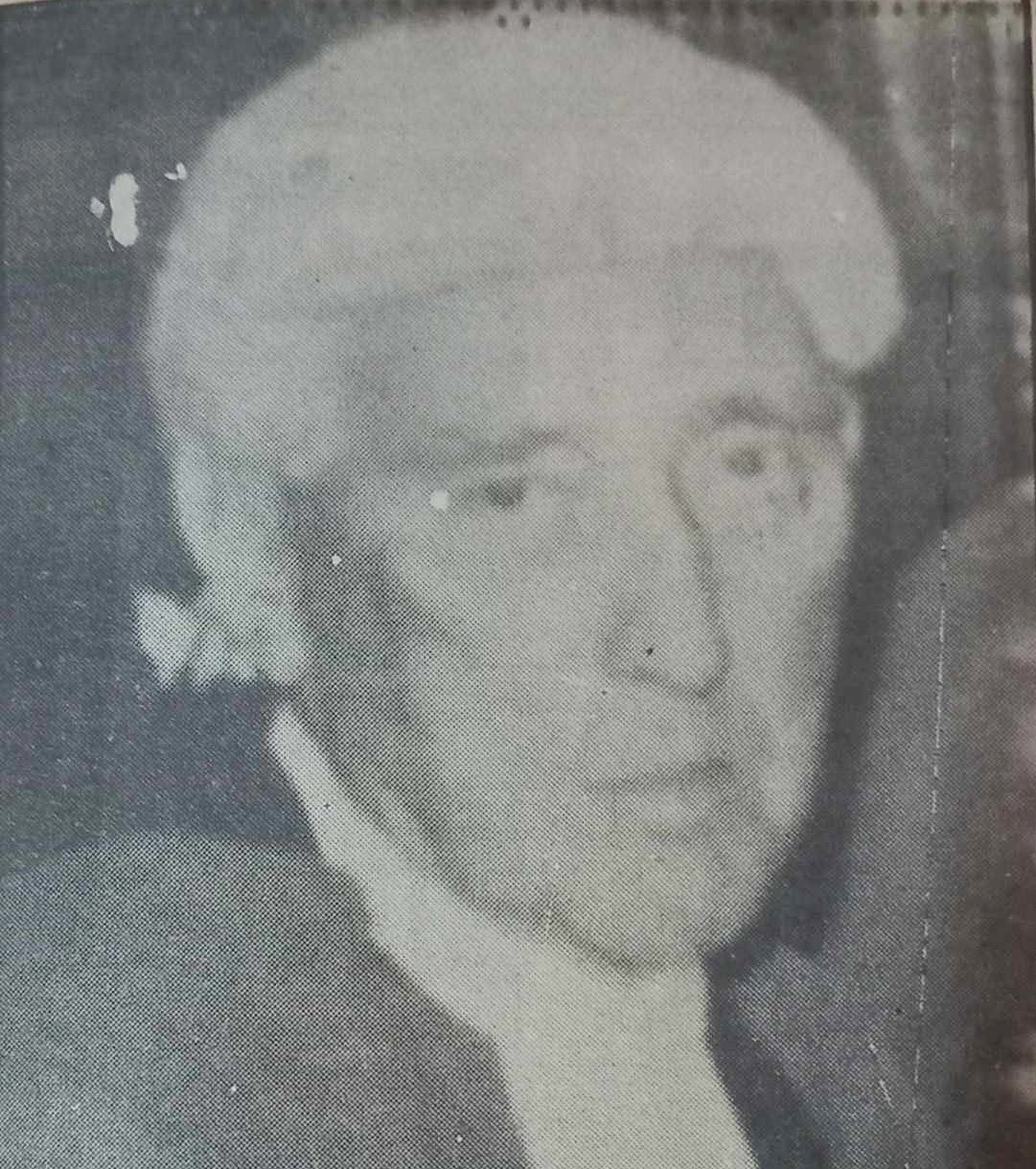
Former chief justice Sir Clifford Grant stated in his farewell speech on April 6, 1978 that retiring Supreme Court judge Mr Justice Stuart was a man who devoted his life to the law and made valuable contributions to the Supreme Court. In an article published in The Fiji Times the next day, Sir Clifford paid tribute to Mr Justice Stuart at a special sitting of the Supreme Court of Fiji in Suva to mark the judge’s retirement from the Bench. Sir Clifford said Mr Justice Stuart had practised as a barrister and solicitor in Fiji for 35 years from 1938 until his elevation to the Supreme Court in 1973.
He had also served as president of the Fiji Law Society from 1962 to 1964 and played a prominent community role during his time in Fiji. At the time the article was published , he was 68 years old which was the age set down by Parliament for Supreme Court judges to retire. “I deeply regret that we are to be deprived of his extensive knowledge of the law, of his humanity and his wisdom,” Sir Clifford said.
“His departure from the Bench will be a great loss to us all.” Sir Clifford said Mr Justice Stuart excelled himself in a profession which unfortunately for many centuries had not enjoyed a favourable image in the eyes of the public. He said lawyers had been figures of fun and ridicule for many years, and this had been reflected in the writings of many prominent poets and playwrights.
“Why I cannot imagine when it has produced such notable and diverse historical figures as Cicero. Gaius, Voltaire, David Hume and Jeremy Bentham, Abraham Lincoln, and Mahatma Gandhi. “Shakespeare never had a good word to say about the legal fraternity.
He wrote of lovers dreaming of love and of lawyers dreaming of fees. “And the great poet Samual Taylor Coleridge wrote in ‘The Devil’s Thoughts’ “He saw a lawyer killing a viper on a dunghill| hard by his own stable; and the Devil smiled. For it put him in mind of Cain and his brother Abel.
” He added on a humorous note that Mr Coleridge was addicted to opium, and perhaps he penned those lines while under the influence. “But how can one explain away a tombstone, still extant in Scotland, which bears the epitaph: This is the grave of a lawyer brave; his name was William MeGill, he made his living by telling lies, and here he lies still. “This attitude is on occasion given official colour, as in the case of an official communique published by the Ministry of Finance of the Government of India, which reads: No foreign exchange will be sanctioned for studies abroad in unimportant subjects like tailoring and law.
It is therefore all the more gratifying that once a lawyer has been elevated to the Bench, it is universally acknowledged that he is immediately invested with all the human virtues, and his past is forgiven him.” In the case of Mr Justice Stuart, Sir Clifford said that there was nothing to forgive as he brought with him to the bench all the virtues which he already possessed in full measure, in particular his capacity for hard work, his thoroughness and his diligence..










